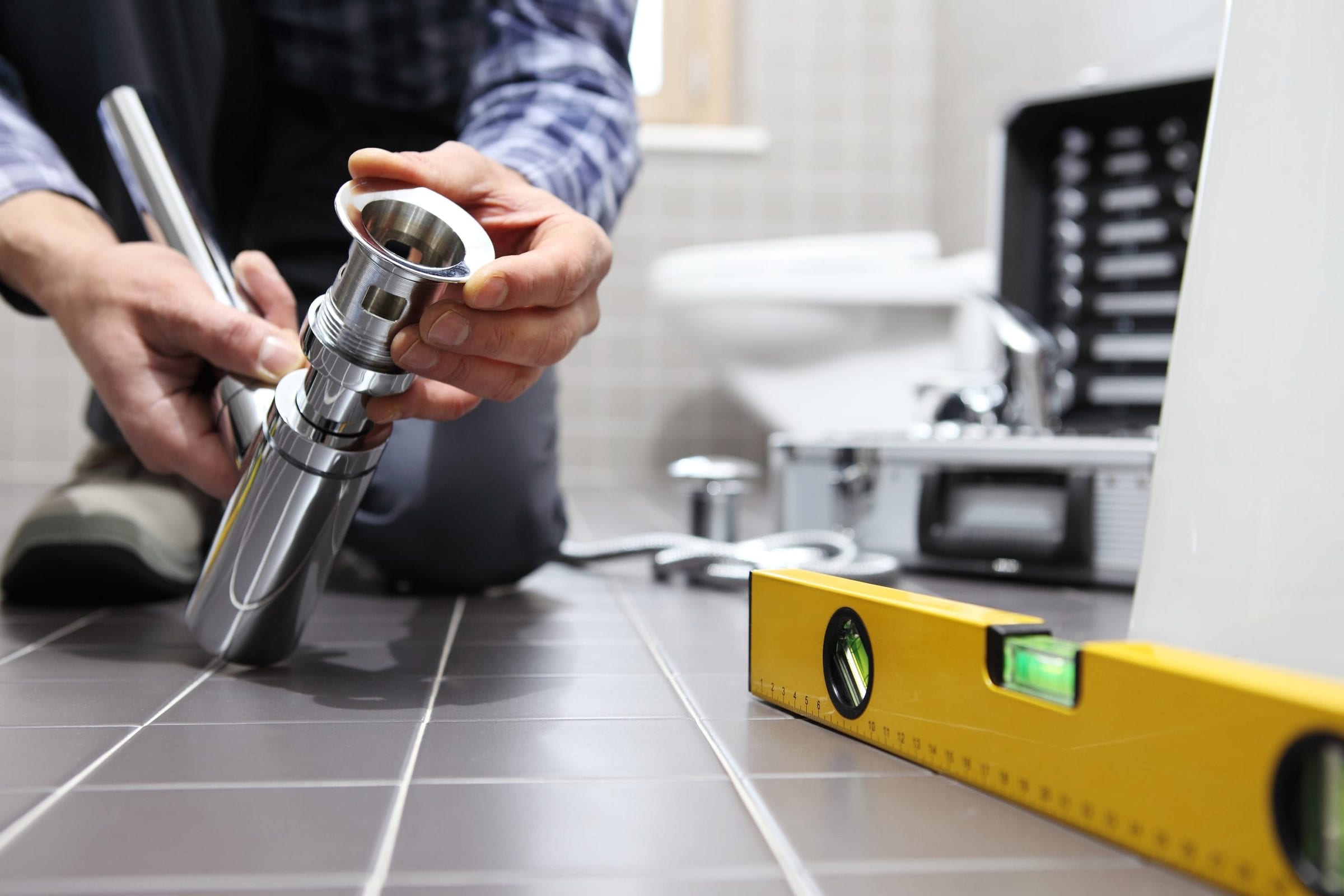

Articles
How To Get Plumbing Work
Modified: August 28, 2024
Learn all about plumbing work, tricks, tips, and techniques with our comprehensive articles. Become an expert plumber today!
(Many of the links in this article redirect to a specific reviewed product. Your purchase of these products through affiliate links helps to generate commission for Storables.com, at no extra cost. Learn more)
Introduction
Welcome to the world of plumbing work! Whether you are just starting out or looking to advance your career, this comprehensive guide will provide you with the necessary steps to get plumbing work opportunities and become a successful professional in the field.
Plumbing work is a vital component of our daily lives, ensuring the proper functioning of our water supply, drainage systems, and overall plumbing infrastructure. As a plumber, you will be responsible for installing, repairing, and maintaining various plumbing fixtures and systems, ranging from pipes and faucets to water heaters and sewage lines.
As with any profession, the road to becoming a plumber requires dedication, skill acquisition, and practical experience. This guide will walk you through the essential steps to enter and excel in the plumbing industry. By following these steps, you will be well-equipped to embark on a fulfilling career as a plumber.
Before diving into the specific steps, it is important to note that the plumbing industry offers a wide range of opportunities, including residential, commercial, and industrial plumbing. Depending on your interests and aspirations, you can choose to specialize in a particular area or gain expertise across different sectors.
Now, let’s get started on your journey to securing plumbing work opportunities!
Key Takeaways:
- Researching plumbing work opportunities, building skills, and obtaining certifications are crucial steps to secure a successful career in the dynamic and rewarding field of plumbing.
- Networking, showcasing a strong portfolio, and effective self-marketing are essential for standing out and attracting desirable plumbing work opportunities. Embrace continuous learning and professionalism for long-term success in the industry.
Read more: How Much To Charge For Plumbing Work
Step 1: Researching Plumbing Work Opportunities
When it comes to finding plumbing work opportunities, the first step is to conduct thorough research. This will help you gather information about the current job market, potential employers, and the skills and qualifications required for different plumbing roles.
Start by exploring job boards, career websites, and online classifieds that specialize in advertising plumbing jobs. Look for positions that match your skill level and experience, as well as those that align with your long-term career goals.
Additionally, reach out to local plumbing associations and trade organizations. These industry groups often have job boards or can connect you with professionals who are looking to hire. They can also provide valuable insights into the plumbing industry and help you navigate the job search process.
Networking is essential in any field, and plumbing is no exception. Attend trade shows, conferences, and seminars to connect with industry experts, fellow plumbers, and potential employers. By building relationships within the plumbing community, you may learn about hidden job opportunities and gain valuable referrals.
Another effective way to research plumbing work opportunities is to engage with online plumbing communities and forums. These platforms allow you to interact with experienced plumbers and gain insights into the latest industry trends, challenges, and job prospects. Additionally, they serve as a valuable source of advice and support throughout your plumbing journey.
During your research, take note of the specific requirements and qualifications that employers are seeking. This will help you tailor your skillset and resume to meet those demands. For example, some plumbing positions may require specialized certifications or licenses, while others may prioritize experience in certain areas such as residential or commercial plumbing.
Remember to stay updated on the latest advancements in plumbing technology and techniques. The plumbing industry is constantly evolving, and employers often seek candidates who are knowledgeable about the latest tools and practices. By staying informed, you can position yourself as a knowledgeable and valuable asset to potential employers.
Once you have gathered all the relevant information, create a list of potential plumbing work opportunities that best align with your career goals and interests. This will serve as a foundation for the next steps in your journey towards securing plumbing work.
Step 2: Building Plumbing Skills and Knowledge
To excel in the plumbing industry and increase your chances of securing desirable work opportunities, it’s crucial to build a strong foundation of plumbing skills and knowledge. This step focuses on acquiring the necessary technical know-how and practical experience to thrive in the field.
Start by enrolling in a plumbing training program or apprenticeship. These programs offer a structured curriculum and hands-on training to familiarize you with the fundamentals of plumbing. You’ll learn about pipe systems, plumbing codes and regulations, safety procedures, and various installation and repair techniques.
Consider joining a trade school or community college that offers plumbing courses. These institutions provide comprehensive training and often have partnerships with local plumbing businesses, providing opportunities for real-world experience and networking.
In addition to formal education, take advantage of online resources, workshops, and learning materials to expand your knowledge. There are numerous websites, videos, and forums where you can find tutorials, tips, and advice from experienced plumbers.
As you gain theoretical knowledge, be sure to complement it with practical experience. Seek out apprenticeship opportunities or part-time jobs with licensed plumbers or plumbing companies. Working alongside experienced professionals will help you apply what you’ve learned in a real-world setting and refine your skills.
During your training, focus on developing a diverse set of plumbing skills. This includes proficiency in plumbing fixtures installation, piping systems, troubleshooting, and repair. The more versatile you are, the more job opportunities you can pursue.
Stay up to date with the latest developments in plumbing technology. Plumbing systems are advancing rapidly, with innovative materials, tools, and techniques being introduced. Familiarize yourself with new products and technologies to remain competitive in the job market and effectively address the needs of modern plumbing projects.
Building plumbing skills and knowledge is an ongoing process. As you gain experience and encounter new challenges, continuously seek opportunities to expand your expertise and stay ahead of industry trends. Attend workshops, seminars, and training sessions to learn about emerging plumbing techniques and technologies.
By actively investing in your skills and knowledge, you’ll position yourself as a competent and desirable candidate for plumbing work opportunities.
Step 3: Getting Certified or Licensed
Obtaining the necessary certifications or licenses is a crucial step in your plumbing career. Many jurisdictions require plumbers to be certified or licensed to ensure that they meet the minimum standards of competency and adhere to safety regulations. Additionally, holding certifications and licenses can boost your credibility and make you more attractive to potential employers or clients.
Research the specific requirements for certification or licensing in your area. These requirements may vary depending on your location and the type of plumbing work you intend to undertake.
In many cases, you’ll need to complete a plumbing apprenticeship program or a specific number of hours of practical experience. This hands-on training will provide you with the necessary skills and knowledge to perform plumbing work safely and effectively.
Once you have fulfilled the experience requirements, you’ll typically need to pass an exam to demonstrate your competence. The exam may cover various aspects of plumbing, including plumbing codes and regulations, safety protocols, system installation and repairs, and more.
Licensing requirements may also include background checks and proof of insurance. Meeting these requirements demonstrates your professionalism and commitment to ethical conduct in the plumbing industry.
There are various types of certifications and licenses available in the plumbing field, such as journeyman plumber, master plumber, or specialty certifications. Each level of certification represents a higher level of expertise and qualifications.
Consider joining professional plumbing organizations or associations that offer certification programs. These programs can provide valuable educational resources and networking opportunities, which can further enhance your career prospects.
Keep in mind that certification and licensing requirements may change over time. It’s important to stay informed about any updates or changes in regulations to ensure that you’re always in compliance with the law and industry standards.
By obtaining the necessary certifications or licenses, you not only demonstrate your expertise and professionalism but also gain a competitive advantage in securing plumbing work opportunities.
Step 4: Gaining Plumbing Experience
Building practical experience is a crucial step in your journey to becoming a successful plumber. Employers and clients look for plumbers who have a proven track record of successfully completing plumbing projects and handling various challenges that arise in the field.
One of the best ways to gain experience is through an apprenticeship program. Apprenticeships provide you with the opportunity to work alongside experienced plumbers, learning from their expertise and gaining hands-on experience. During an apprenticeship, you’ll have the chance to practice your skills, work on real projects, and develop the problem-solving abilities necessary in the plumbing industry.
If an apprenticeship is not available, consider seeking part-time or entry-level positions with plumbing companies. Even if the work initially involves basic tasks, such as assisting with installations or repairs, it provides valuable exposure to the plumbing industry and allows you to build your practical skills.
Additionally, take on side projects or volunteer to help friends and family with their plumbing needs. Although these may be unpaid or low-paying gigs, they offer an opportunity to practice your skills, gain hands-on experience, and expand your professional network. This also allows you to showcase your workmanship and build a portfolio of completed plumbing projects.
While gaining experience, strive to work on a variety of plumbing projects. This includes residential, commercial, and industrial projects. The diversity of your experience will broaden your skill set and make you more versatile as a plumber. It also helps you understand the unique requirements and challenges of different types of plumbing work.
As you gain experience, take note of your accomplishments and track the projects you have worked on. This information will be valuable when building your plumbing work portfolio, which will be discussed in the next step.
Remember, experience is an ongoing process. Plumbing techniques, materials, and technologies are constantly evolving, so it’s important to stay updated on industry developments. Continuing education and attending workshops or seminars can help you refine your skills and keep pace with advancements in the plumbing field.
By gaining valuable plumbing experience, you’ll not only enhance your practical skills but also boost your confidence and credibility as a professional plumber.
Read more: How To Get Certified In Plumbing
Step 5: Networking and Building Connections in the Plumbing Industry
Networking and building connections in the plumbing industry can greatly enhance your chances of securing plumbing work opportunities. A strong network can open doors to potential job leads, referrals, and collaborations with other professionals.
Start by attending industry events such as trade shows, conferences, and seminars. These gatherings provide a platform to meet and connect with fellow plumbers, industry experts, suppliers, and potential employers. Engage in conversations, ask questions, and share your own insights. Building relationships with others in the industry can lead to valuable connections and future work opportunities.
Joining professional plumbing organizations or associations can also help you network effectively. These groups often hold meetings, workshops, and networking events where you can interact with like-minded professionals and stay updated on industry trends. Additionally, these organizations may have resources, job boards, or mentoring programs to support your career growth.
Utilize online platforms to connect with others in the plumbing industry. Join plumbing-related forums, social media groups, and online communities where you can engage in discussions, seek advice, and share your expertise. These platforms provide opportunities to network with professionals from around the world, expand your knowledge, and showcase your skills.
Don’t underestimate the power of personal connections. Let your friends, family, and acquaintances know about your aspirations in the plumbing industry. They may know someone who is in need of plumbing services or can provide valuable referrals.
In addition to networking, consider reaching out to plumbing contractors, companies, and local businesses to express your interest in working with them. Send a professional email or make a phone call to introduce yourself, explain your qualifications, and inquire about any potential opportunities. A proactive approach can sometimes yield unexpected job openings or partnerships.
Networking is not just about connecting with others but also about establishing your own professional reputation. Be reliable, punctual, and professional in all your interactions. Word-of-mouth referrals can play a crucial role in securing plumbing work, so always strive to deliver exceptional service and exceed client expectations.
Remember that networking is an ongoing process. Continually nurture your connections and maintain relationships with industry professionals. Offer assistance, share relevant information, and stay engaged with the plumbing community both online and offline.
By actively networking and building connections, you’ll not only expand your professional circle but also increase your chances of finding rewarding plumbing work opportunities.
When looking for plumbing work, network with local contractors, join trade organizations, and utilize online job boards and social media to find opportunities.
Step 6: Setting Up a Plumbing Work Portfolio
Having a professional plumbing work portfolio is essential for showcasing your skills, experience, and accomplishments to potential employers or clients. It serves as a visual representation of your capabilities and can greatly impact your chances of securing plumbing work opportunities.
Start by compiling a collection of your completed plumbing projects. This can include photographs, videos, or detailed descriptions of the work you’ve done. Be sure to highlight a variety of projects that demonstrate your expertise in different aspects of plumbing, such as installations, repairs, or maintenance.
If you have recommendations or testimonials from previous clients or employers, include them in your portfolio. These endorsements provide credibility and offer reassurance to potential clients or employers about your competence and professionalism.
In addition to showcasing completed projects, include any certifications, licenses, or relevant training that you have obtained. This helps reinforce your qualifications and shows that you are dedicated to staying up to date with industry standards.
Consider creating an online portfolio or a dedicated section on your website to host your plumbing work portfolio. This allows easy access for potential clients or employers to view your work and learn more about your capabilities. Make sure your portfolio is well-organized, visually appealing, and easy to navigate.
Be prepared to present your portfolio during job interviews or when bidding for plumbing projects. This showcases your skills and sets you apart from other candidates. When presenting your portfolio, be confident and articulate, highlighting the specific details and challenges of each project.
Regularly update your portfolio with new projects and accomplishments. Plumbing is a dynamic field, and documenting your ongoing work allows you to demonstrate your growth and adaptability as a professional plumber.
Consider reaching out to satisfied clients and requesting testimonials or reviews to add to your portfolio. Positive feedback from previous clients can reinforce your reputation and help attract potential clients or employers.
Remember, your plumbing work portfolio is a reflection of your professionalism, expertise, and attention to detail. Invest time and effort in creating a strong portfolio, as it can be a powerful tool in winning plumbing work opportunities.
Step 7: Marketing Yourself as a Plumbing Professional
In the competitive world of plumbing, effective self-promotion and marketing can greatly increase your visibility and attract desirable plumbing work opportunities. A well-executed marketing strategy can help you stand out from the competition and position yourself as a skilled and reliable plumbing professional.
Start by developing a compelling personal brand. Define your unique selling points and position yourself as an expert in your desired niche. Identify what sets you apart from other plumbers and communicate this clearly in your marketing efforts.
Create a professional website that showcases your skills, experience, and services. Make sure it is visually appealing, easy to navigate, and provides relevant information about your plumbing offerings. Include testimonials, case studies, and a portfolio of your best work to build trust and credibility.
Utilize social media platforms to expand your online presence and engage with potential clients or employers. Create professional profiles on platforms such as LinkedIn and Facebook, and regularly share valuable plumbing tips, industry news, or updates about your work. Interact with your audience, respond to queries, and establish yourself as a reliable source of information in the plumbing community.
Consider investing in search engine optimization (SEO) techniques to improve your online visibility. Optimize your website with relevant keywords, create informative blog posts, and obtain backlinks from reputable plumbing-related websites. This can help improve your ranking in search engine results, making it easier for potential clients or employers to find you.
Networking remains an important aspect of marketing yourself as a plumbing professional. Continually engage with industry professionals, attend trade shows, and join professional associations. Actively participate in conversations, offer insights, and build relationships. Word-of-mouth referrals and recommendations from trusted industry contacts can be invaluable in securing plumbing work opportunities.
Take advantage of local marketing opportunities as well. Advertise your services in local directories, newspapers, or community bulletin boards. Network with local contractors, builders, and suppliers who may be able to refer you to potential clients.
Implement a customer relationship management (CRM) system to track and nurture leads. Follow up with potential clients, send thank you notes to satisfied customers, and request referrals. Building strong relationships with your clients can lead to repeat business and positive word-of-mouth recommendations.
Strive for excellence in your work and provide outstanding customer service. Satisfied clients are more likely to recommend your services to others and leave positive reviews online.
Regularly assess and adapt your marketing strategies based on feedback and results. Stay informed about the latest marketing trends and techniques in the plumbing industry to continuously refine your approach.
By effectively marketing yourself as a plumbing professional, you can attract the right opportunities, expand your client base, and achieve long-term success in the industry.
Step 8: Applying for Plumbing Work Opportunities
Once you have built a strong foundation in plumbing skills, obtained relevant certifications, and established your professional presence, it’s time to start applying for plumbing work opportunities. This step involves developing a strategic approach to job applications and maximizing your chances of landing the desired positions.
Begin by researching potential employers and plumbing companies in your area. Look for those that align with your career goals, values, and preferred work environment. Visit their websites, read about their services, and learn about their company culture. This will help you tailor your applications to demonstrate why you are a good fit for their team.
Update your resume to highlight your plumbing skills, certifications, and relevant work experience. Emphasize any specialized areas, such as residential plumbing, commercial construction, or green plumbing techniques. Be concise yet descriptive, and use action verbs to showcase your achievements and responsibilities in previous plumbing roles.
Write a compelling cover letter for each job application. Personalize it to reflect your knowledge of the company, and explain why you are interested in working with them. Highlight your unique qualifications and how they align with the requirements of the specific job. Demonstrate your passion for plumbing and your commitment to delivering high-quality work.
Include a professional reference list with your application. Choose individuals who can vouch for your skills, work ethic, and reliability. Reach out to former employers, mentors, or colleagues who can provide positive recommendations. Notify your references in advance that they may be contacted, and thank them for their support.
Use online job portals and professional networking platforms to search for plumbing work opportunities. Regularly check job listings on industry-specific websites, such as plumbing association websites or trade publications, as they often have targeted job postings. Reach out to plumbing contractors, construction companies, or facilities management companies directly, even if they don’t currently have job openings. Show your interest and inquire about any future opportunities.
Before submitting your application, proofread all your documents to ensure they are free of errors and have a professional tone. Pay attention to details, such as formatting and grammar, as these can make a significant impact on how your application is perceived.
Follow up on your applications after a reasonable amount of time has passed. Send a polite email or make a phone call to inquire about the status of your application. This displays your enthusiasm and commitment to the position.
As you apply for plumbing work opportunities, remain proactive and persistent. Keep refining your job search strategies, attend industry events, and continue networking with professionals in the field. Stay positive and focused on your goal, and don’t get discouraged by rejection. Every application is an opportunity to learn and grow.
By approaching job applications strategically and showcasing your skills and qualifications effectively, you will greatly increase your chances of securing desirable plumbing work opportunities.
Read more: How Does Toilet Plumbing Work
Step 9: Interviewing for Plumbing Jobs
Reaching the interview stage is a significant milestone in your pursuit of plumbing work opportunities. This step focuses on preparing for and navigating the interview process with confidence, allowing you to showcase your plumbing skills, experience, and professionalism to potential employers.
Before the interview, thoroughly research the company and the position you have applied for. Familiarize yourself with their services, projects, and values. This knowledge will enable you to tailor your responses and demonstrate your alignment with their goals during the interview.
Review common plumbing interview questions and prepare thoughtful answers. Be ready to discuss your previous experiences, problem-solving abilities, and your approach to handling challenges that may arise in the field. Highlight instances where you have successfully managed difficult situations or provided exceptional customer service.
In addition to technical questions, be prepared to answer behavioral or situational questions. These may assess your communication skills, teamwork, and ability to prioritize tasks. Use the STAR method (Situation, Task, Action, Result) to structure your responses and provide concrete examples.
Dress professionally for the interview, wearing appropriate attire that reflects the seriousness of the position. Opt for clean, pressed clothing that presents you as a competent and reliable professional.
Bring copies of your resume, references, and any supporting documents that demonstrate your qualifications. These can serve as a reference during the interview or be provided upon request.
Showcase your enthusiasm for plumbing and your commitment to delivering high-quality work. Demonstrate your willingness to learn, adapt, and stay up to date with industry advancements. Emphasize your ability to work independently and as part of a team, highlighting your strong communication and problem-solving skills.
During the interview, actively listen to the questions and provide thoughtful, concise responses. Showcase your technical knowledge and experience, but also demonstrate your ability to communicate effectively with clients or team members who may not have a plumbing background.
Ask questions at the end of the interview to demonstrate your interest and engagement in the position. Inquire about the company culture, the team dynamics, or specific projects you may be involved in. This shows that you are genuinely interested in the role and have done your research.
Remember to display professionalism and politeness throughout the interview. Maintain good eye contact, offer a firm handshake, and express gratitude for the opportunity to interview.
After the interview, follow up with a thank-you note or email to express appreciation for the interviewer’s time. Reiterate your interest in the position and highlight any key points from the interview that you found particularly engaging. This demonstrates your professionalism and helps you stand out among other candidates.
Preparing for interviews and effectively showcasing your skills and qualifications can greatly increase your chances of securing desirable plumbing work opportunities. Approach each interview as a valuable learning experience and an opportunity to shine.
Step 10: Negotiating Pay and Closing the Deal
Reaching the final stage of securing a plumbing job opportunity is exciting, but there’s still an important step ahead – negotiating your pay and closing the deal. This step involves effectively communicating your value, understanding market rates, and ensuring a mutually beneficial agreement with your prospective employer.
Before entering into negotiations, thoroughly research the average pay rates for plumbers in your area. Factors such as location, experience, certifications, and the complexity of the job can impact the compensation. Having this information empowers you to negotiate from a position of knowledge and fairness.
Consider your own financial needs and the value you bring to the table. Reflect on your experience, skills, and the overall package that the employer is offering, including benefits and opportunities for growth. This will help you establish a baseline for your negotiation.
Initiate the negotiation by expressing enthusiasm for the job and discussing your qualifications and accomplishments. Emphasize the value you bring to the position and highlight any unique skills or certifications that make you stand out from other candidates.
Be prepared for a discussion rather than a one-sided negotiation. Your prospective employer may have specific budget constraints or considerations. Be open to understanding their perspective and finding a middle ground that satisfies both parties.
When discussing compensation, consider the entire package. It’s not just about the base salary, but also any additional benefits such as health insurance, retirement plans, vacation days, or professional development opportunities. Evaluate the overall offering and consider its significance in your decision-making process.
Be confident while negotiating, but also be respectful and professional. Clearly communicate your expectations and be prepared to back them up with logical reasoning. Listen actively to the employer’s viewpoint and be open to finding compromises that meet both parties’ needs.
If the employer is unable to meet your desired salary, consider negotiating other areas such as additional paid time off, flexible working hours, or opportunities for career advancement. Focus on finding ways to maximize the overall value of the job opportunity.
Once an agreement has been reached, ensure that all aspects of the offer are clearly documented in a formal employment contract. Review the contract thoroughly, noting any discrepancies or areas that require clarification. Seek legal advice if necessary to ensure you are protected and fully understand the terms.
As a final step, formally accept the offer in writing, expressing your gratitude and excitement for the opportunity. Clarify any outstanding details or next steps, such as start dates, orientation, or any required paperwork or pre-employment screenings.
Remember, the negotiation process should be conducted with professionalism and respect. Aim for a win-win outcome where both parties feel satisfied and confident in their decision.
Negotiating your pay and closing the deal successfully ensures that you are compensated fairly for your skills and experience while laying the foundation for a positive and mutually beneficial working relationship.
Conclusion
Congratulations! You have now reached the end of this comprehensive guide on how to get plumbing work opportunities. By following the ten steps outlined in this article, you have equipped yourself with the knowledge, skills, and strategies to embark on a successful career in the plumbing industry.
Throughout this guide, we discussed the importance of researching plumbing work opportunities, building plumbing skills and knowledge, obtaining certifications or licenses, gaining plumbing experience, networking, setting up a plumbing work portfolio, marketing yourself, applying for plumbing jobs, interviewing effectively, and negotiating pay.
It’s important to remember that pursuing a career in plumbing requires dedication, continuous learning, and adaptability. The plumbing industry is ever-evolving, and staying up to date with the latest advancements, codes, and regulations is crucial to remain competitive.
As you progress in your plumbing career, don’t forget the value of networking and building connections. Cultivate relationships with industry professionals, clients, and fellow plumbers. These connections can lead to valuable opportunities, collaborations, and referrals in the future.
Maintain a strong focus on professionalism, both in your technical skills and in your interactions with clients, colleagues, and employers. Your reputation and the quality of your work will greatly impact your success as a plumbing professional.
Remember, every step of this journey is an opportunity for growth, learning, and self-improvement. Adapt to market changes, embrace new technologies, and continuously enhance your skills to stay ahead in the plumbing industry.
Lastly, always strive for excellence. Be passionate about your work, take pride in the services you provide, and deliver exceptional results. Find satisfaction in knowing that your expertise in plumbing contributes to the functionality and well-being of communities and individuals.
With the skills, knowledge, and determination gained from this guide, you are well-equipped to navigate the plumbing industry and seize the plumbing work opportunities that align with your goals and aspirations. Best of luck on your journey as a plumbing professional!
Frequently Asked Questions about How To Get Plumbing Work
Was this page helpful?
At Storables.com, we guarantee accurate and reliable information. Our content, validated by Expert Board Contributors, is crafted following stringent Editorial Policies. We're committed to providing you with well-researched, expert-backed insights for all your informational needs.
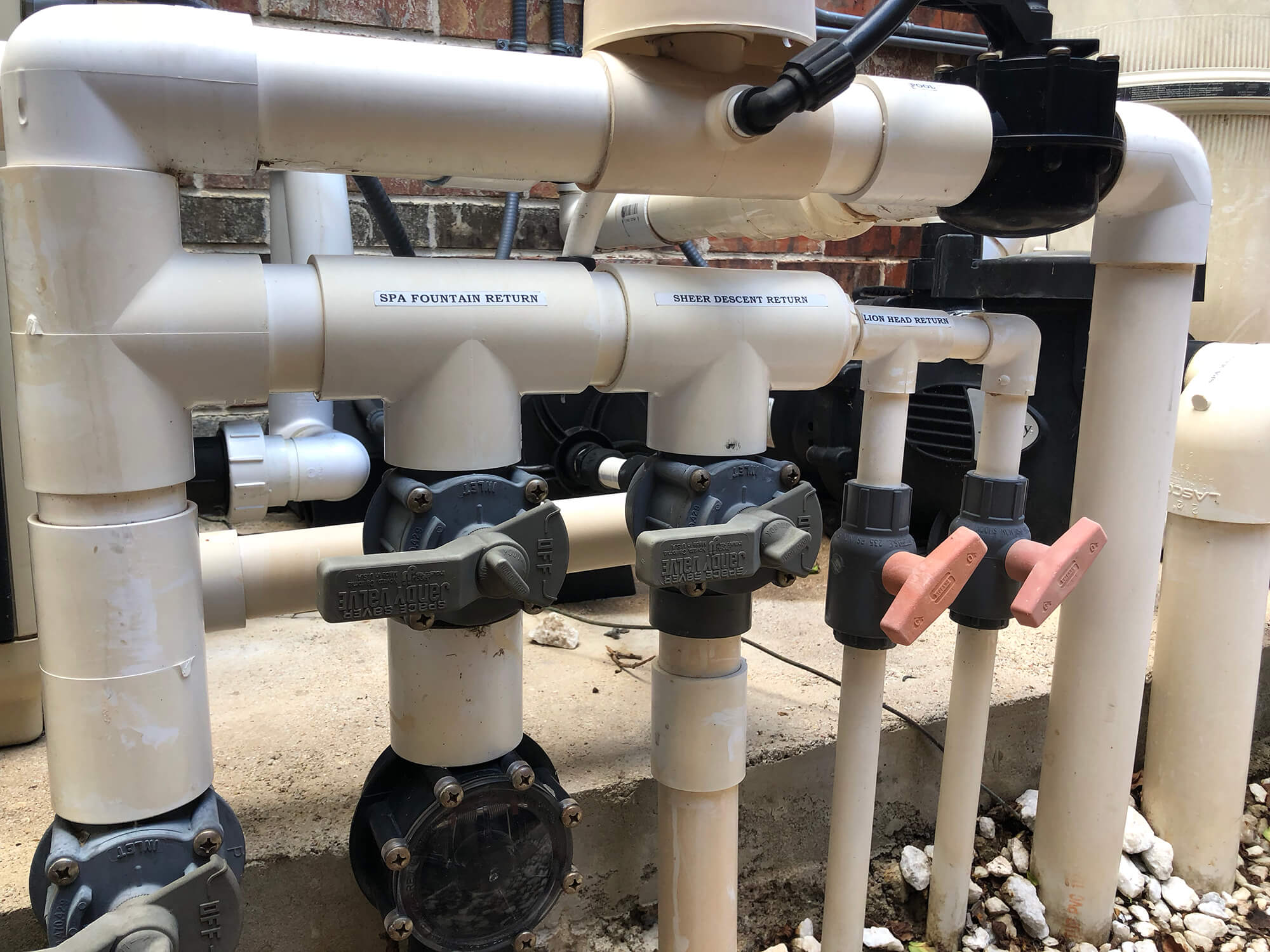
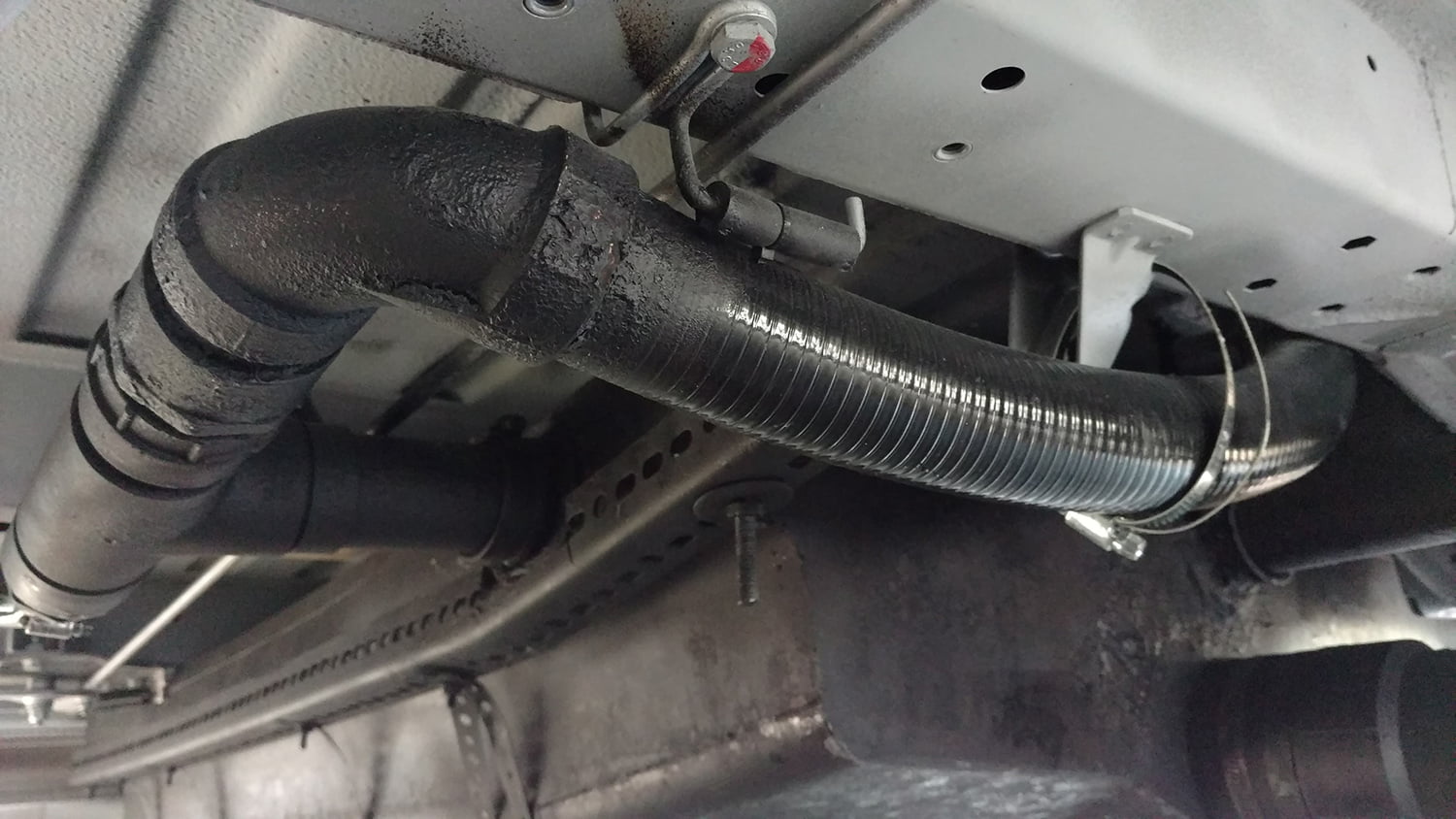
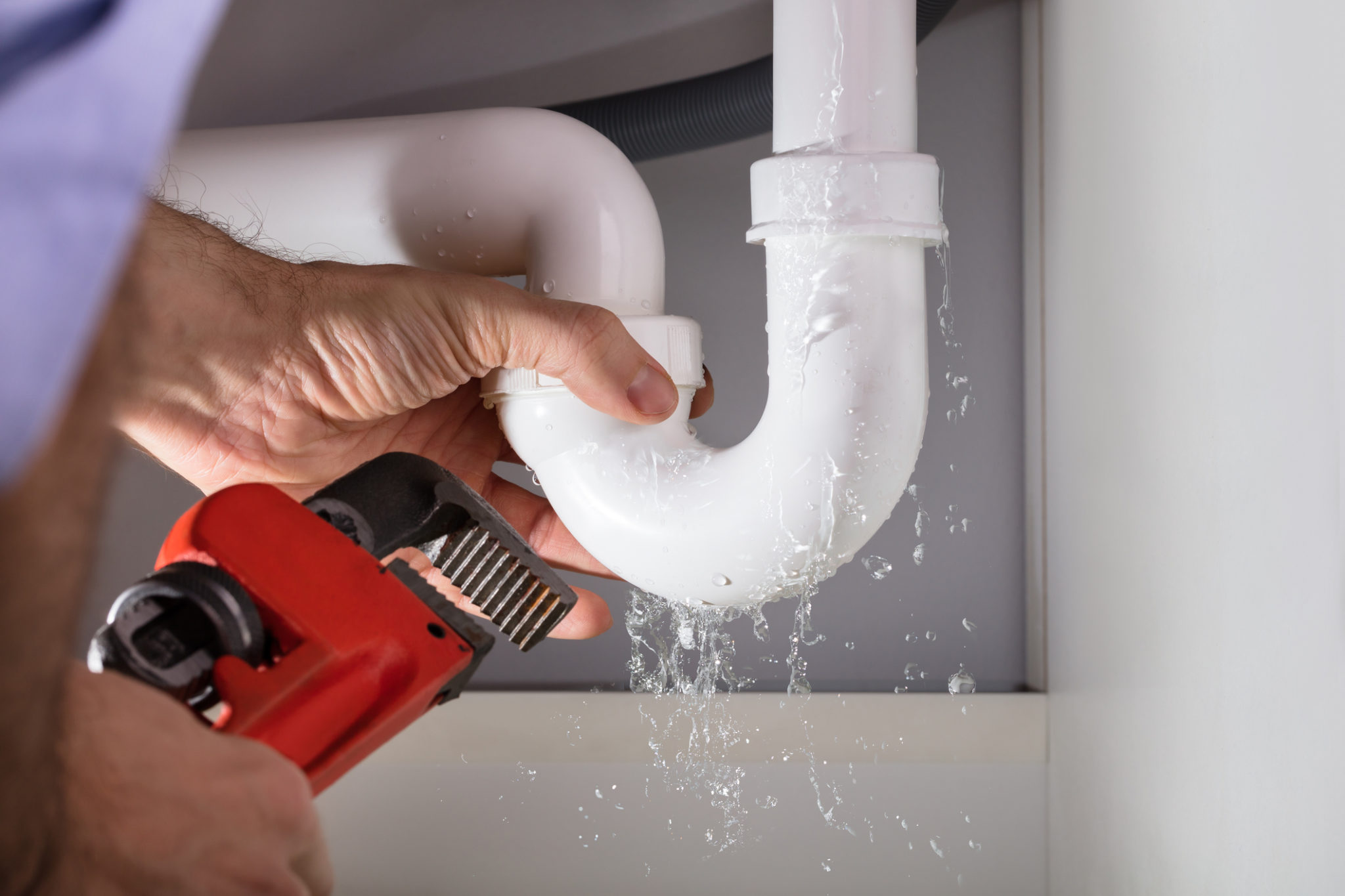

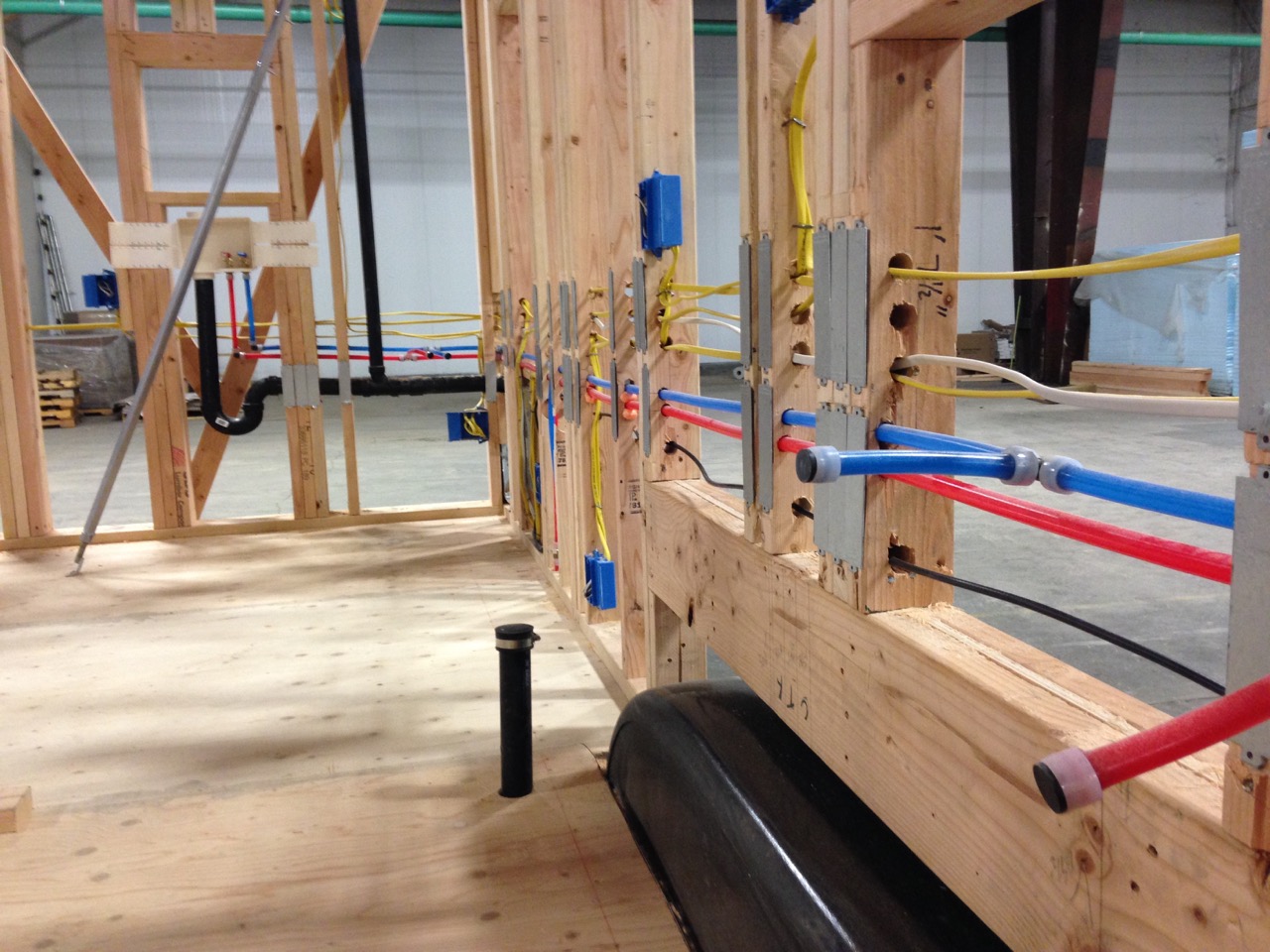
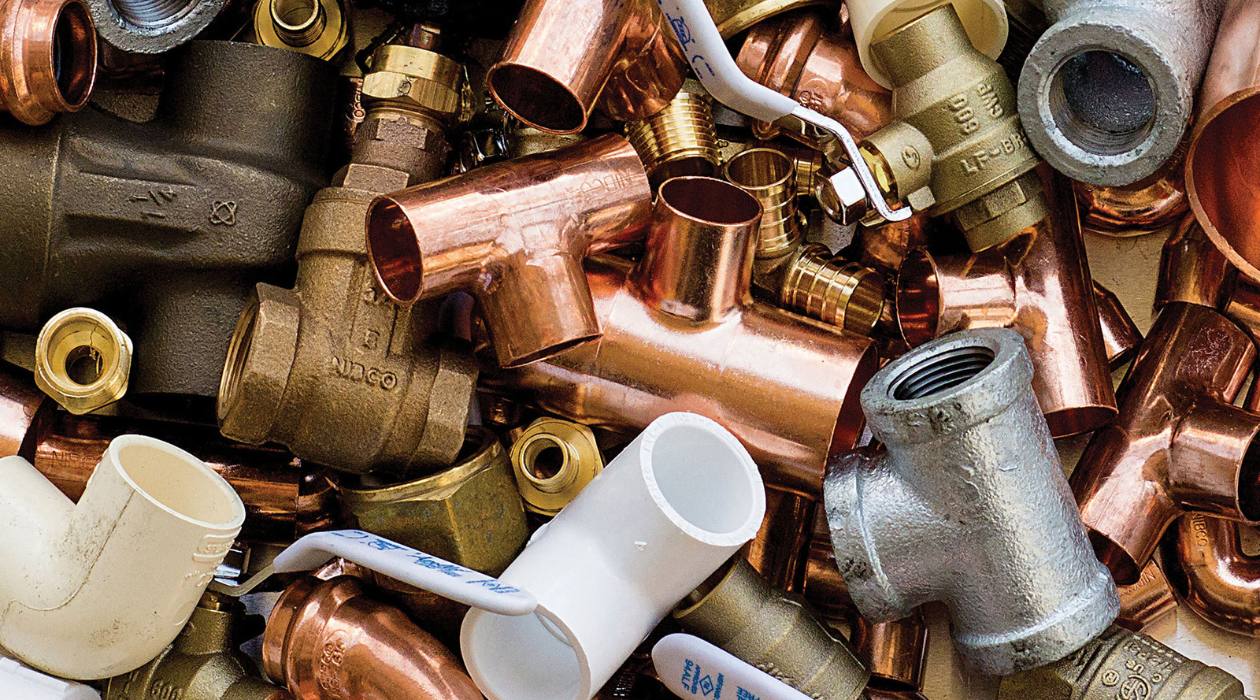
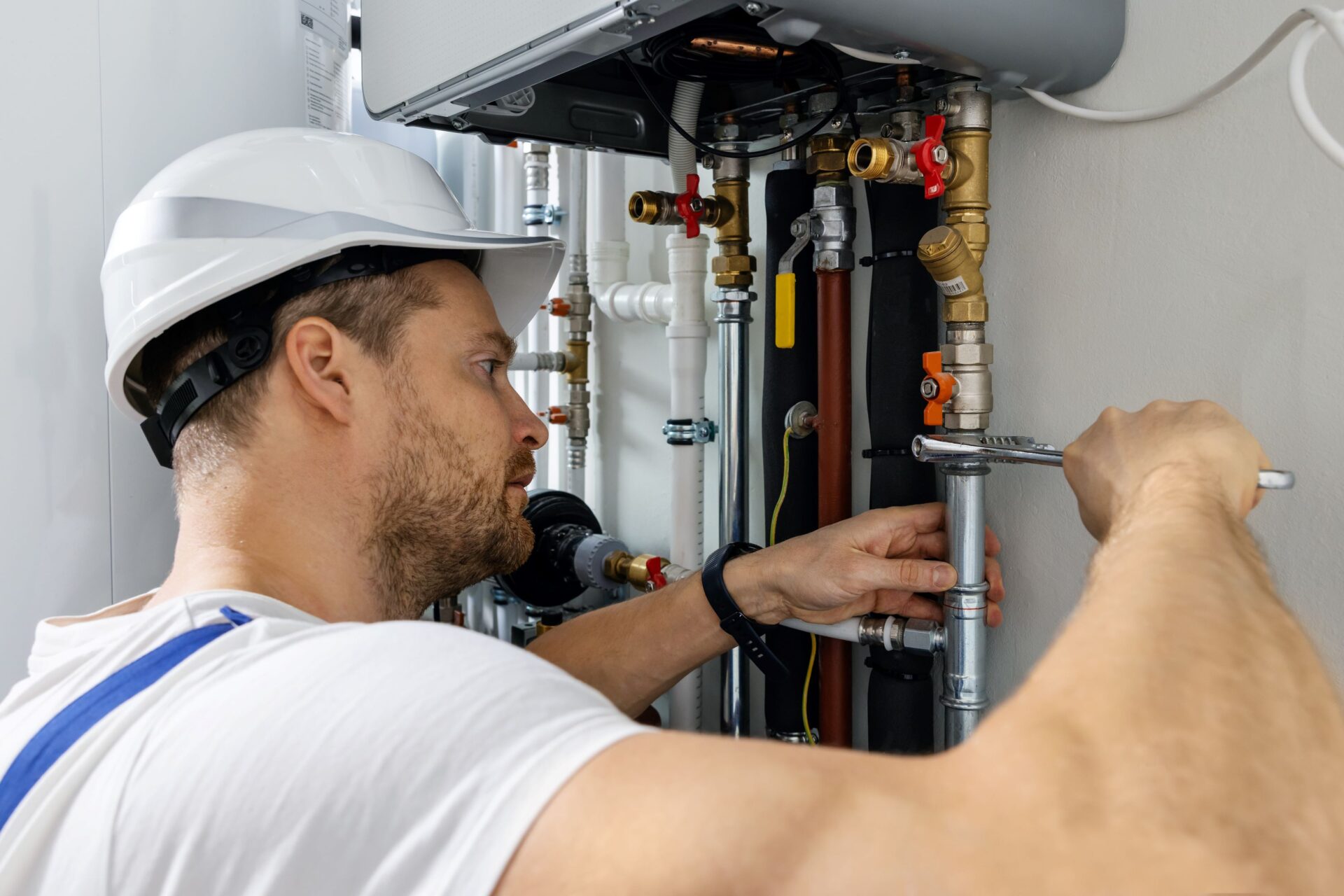
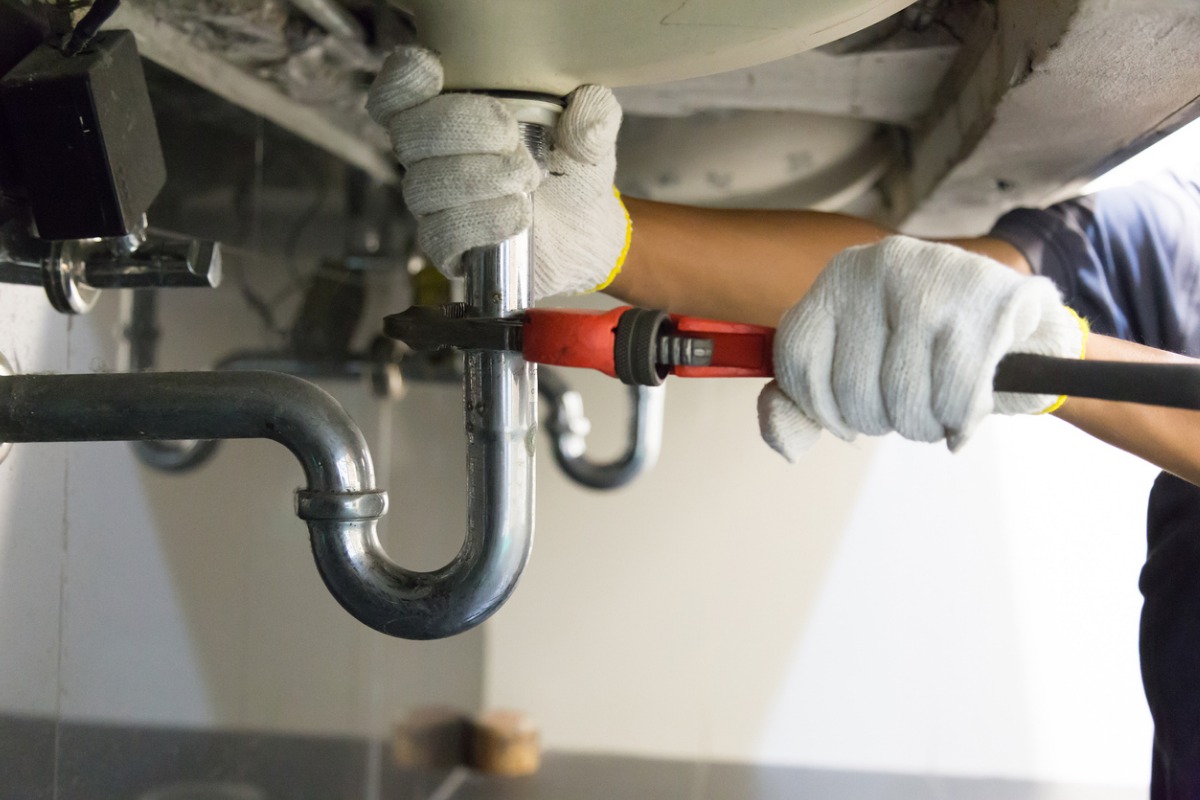
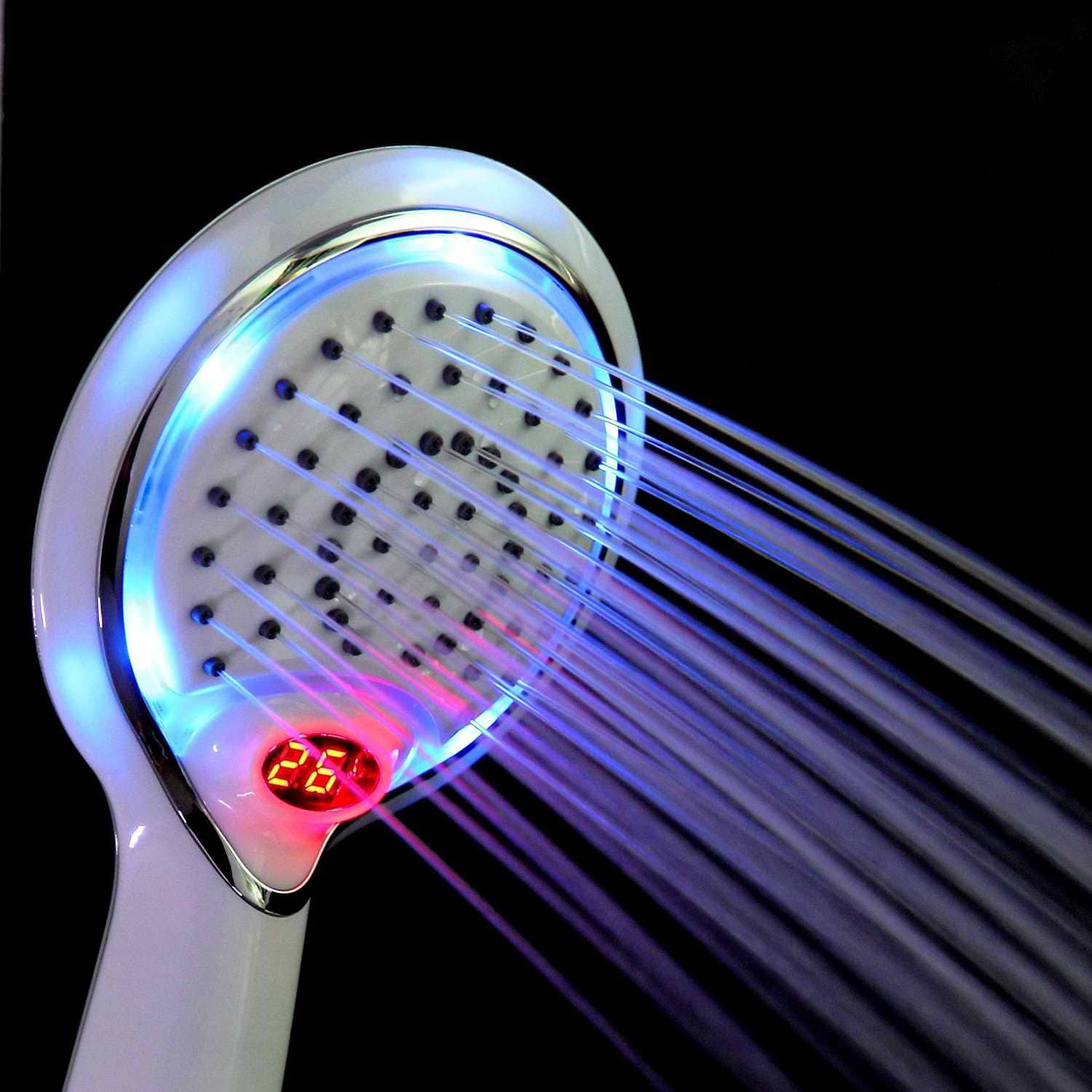
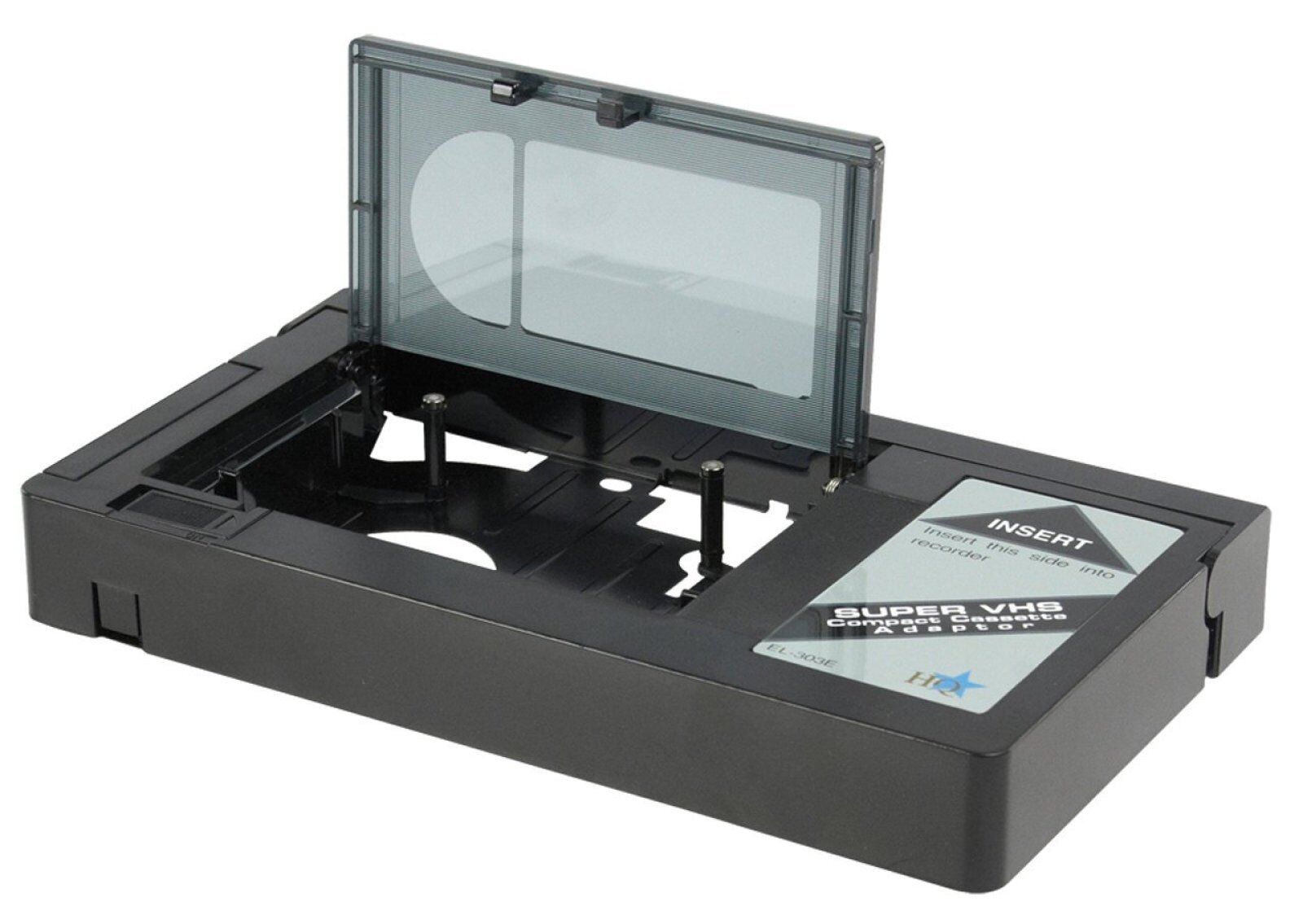

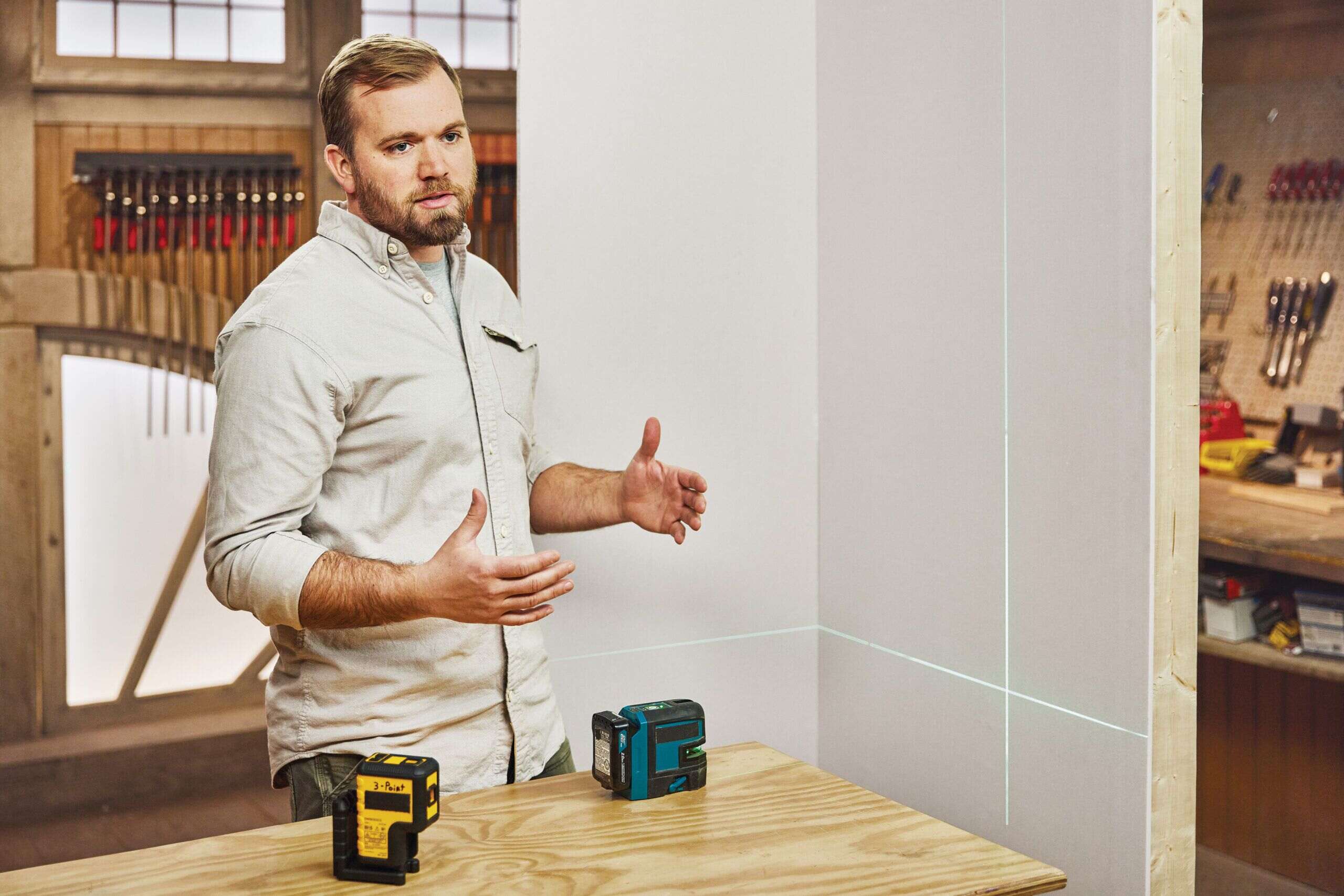


0 thoughts on “How To Get Plumbing Work”